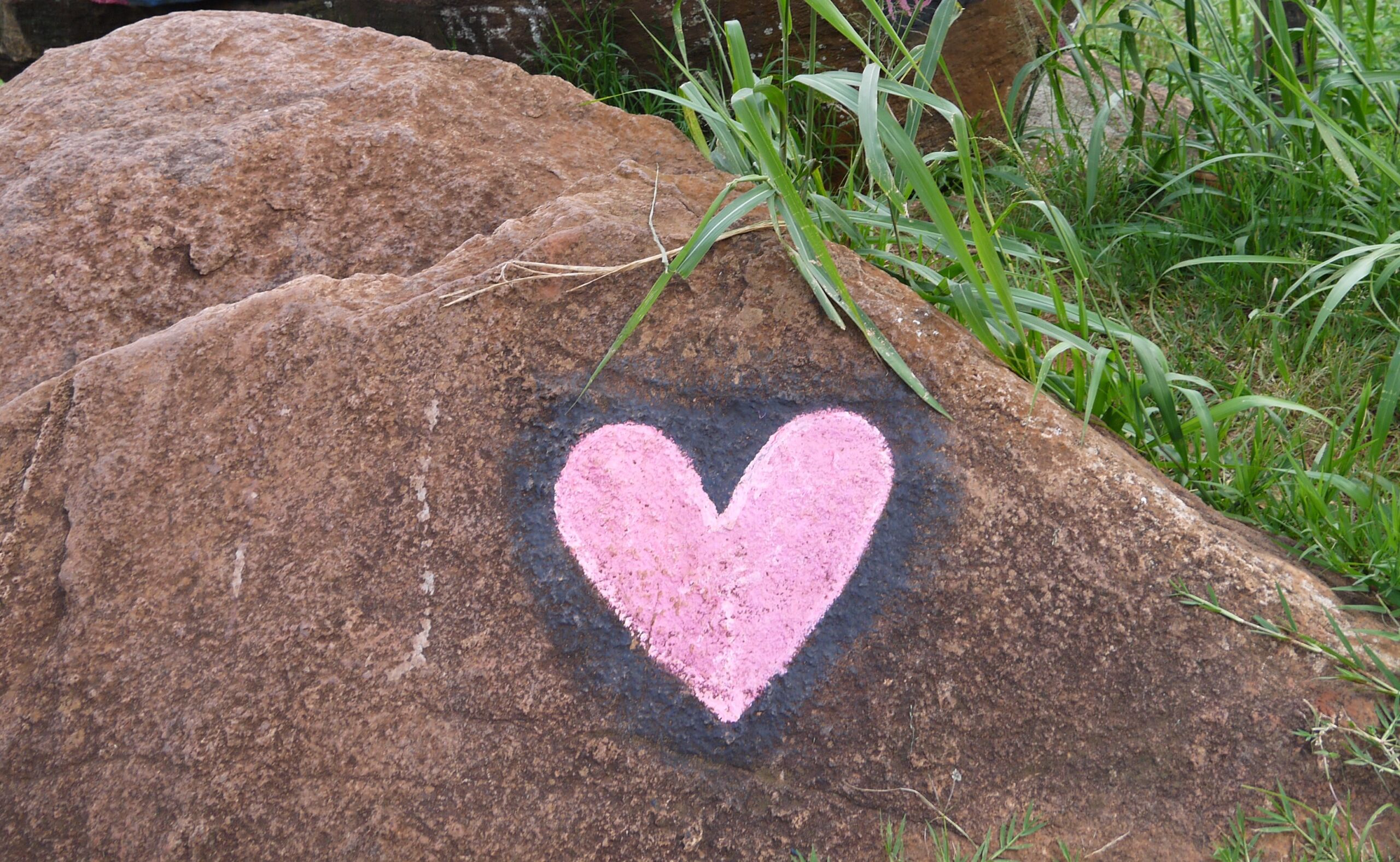I was recently facilitating a session with civil society representatives in the Republic of Congo, and I asked them to reflect on their personal values, and how these values relate to their professional life. It was inspiring and enriching to hear their responses, and it made me think about how I would answer the question if someone were to ask me.
For me, values are an intricate part of who we are as individuals: they shape the way that we see ourselves, and the way that we relate to others and the world around us. In this way, when thinking about values, one can ask: what are the things that I believe in so strongly, that without these principles, I would not be me?
When reflecting on this question, a few thoughts come to mind.
I believe that people are people: there are so many ways that people get categorised – by gender, race, ethnicity, class, nationality, religion, age, and so much more – yet when it comes down to it, we are all the same. We all have dreams, hopes, feelings, thoughts, and the same basic needs to attend to, wherever we live in the world. This is confirmed and reconfirmed for me every time I am lucky enough to engage with people outside of my own cultural context. Yet of course, the categories I mention are often used to discriminate and offer privileges to only a select few. It is this injustice that frames my analysis and drives my passion to make a contribution to positive change in my personal and professional life: my fundamental belief in equality.
This is closely related to my another core value, my belief in choice: I think that every human being should have the right to make choices, and be involved in decisions, that affect their lives, regardless of what they look like, where they live, how much money they have, how educated they are, etc. And they should have the information they need, and time to reflect on this information, in order to make an informed choice. People have the right to say ‘yes’ or ‘no’ – something that is often forgotten when so many people are trying to push their own agenda or priorities.
And again this makes me think of another of my core values: respect for difference. Keeping an open mind in order to try and understand different ways of seeing and understanding the world is so important if we want to maintain the diversity that makes it such a rich place. In the line of work that I am in, as a development practitioner, it is so important to remember that my notion of ‘development’ for example may be very different from how someone living in a very different cultural or political context may view it. Offering spaces for people to express their viewpoints, share their experiences, relay their values, and explain their choices is therefore an integral part of the work I do.
This forms the basis of another of my fundamental beliefs: voice. So many people feel silenced or unheard: offering an ear or a safe space for them to express themselves, and at times offering to relay this information to strategic decision-makers, is a key role that I see for myself as someone working in the development sector.
In my line of work, I spend a lot of time in contexts and cultures that are very different from my own, and I often find myself in situations where I am confronted by things that contradict or challenge my core values. When this happens, I do my best to maintain curiosity about other people’s way of viewing things, while still staying true to what I believe in by asking challenging questions or at times outright stating that I disagree and explaining why.
This can be a difficult thing to do, yet it is so important, as I believe that real change only happens when there is constructive dialogue about the beliefs, attitudes, and practices that underpin the social fabric of our societies, and when these aspects of our ‘deep culture’ are brought to the fore to explore, debate and reshape together.

